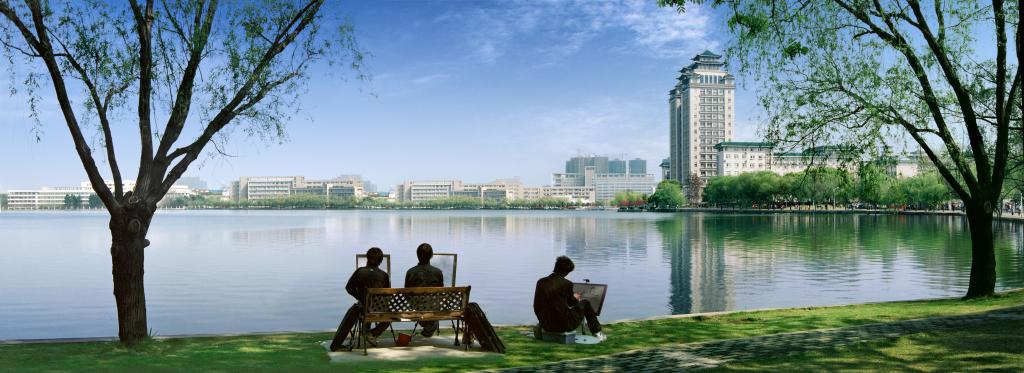I. About SCMU
South-Central Minzu University (SCMU) operates under the direct administration of the National Ethnic Affairs Commission and receives joint support from the Commission, the Ministry of Education, Hubei Provincial Government, and Wuhan Municipal Government. Located on the shores of South Lake in Wuhan, a city known as the "homeland of White Clouds and Yellow Cranes", SCMU spans over 1,700 mu with a total building area exceeding 1.15 million square meters. The campus, with its shaded pathways and year-round blooms, features modern buildings that showcase rich ethnic characteristics and are arranged in harmonious succession. The natural beauty of its lakes and hills complements the cultural landscape, creating an ideal environment for teaching, research, and campus life.
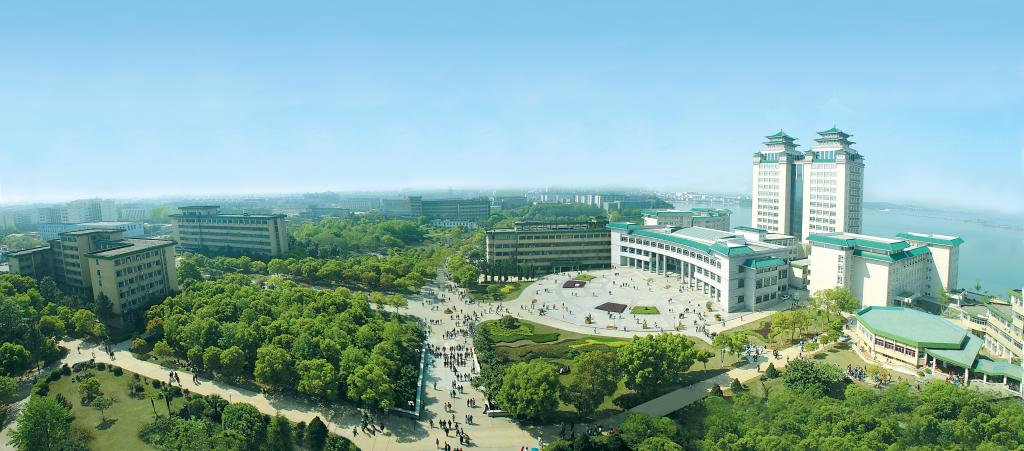
As one of the national first-class universities in Hubei Province, SCMU currently enrolls over 30,000 full-time students from all 56 ethnic groups of China across doctoral, master’s, undergraduate, and preparatory programs. It employs more than 2,100 faculty and staff members, including over 1,300 full-time teachers. The university has attracted and cultivated numerous high-level talents, including recipients of National Distinguished Young Scholars, National Excellence Young Scholars, and National Leading Talent in Philosophy and Social Sciences. Its outstanding faculty includes recipients of National Model Teachers, National Teaching Ethics Pioneers, Huang Danian-Style Teaching Teams, National Ethnic Affairs Commission’s "Three-All Education" (comprehensive, full-process, all-encompassing) Model Teachers, and Hubei Province’s Top Ten Class Advisors.
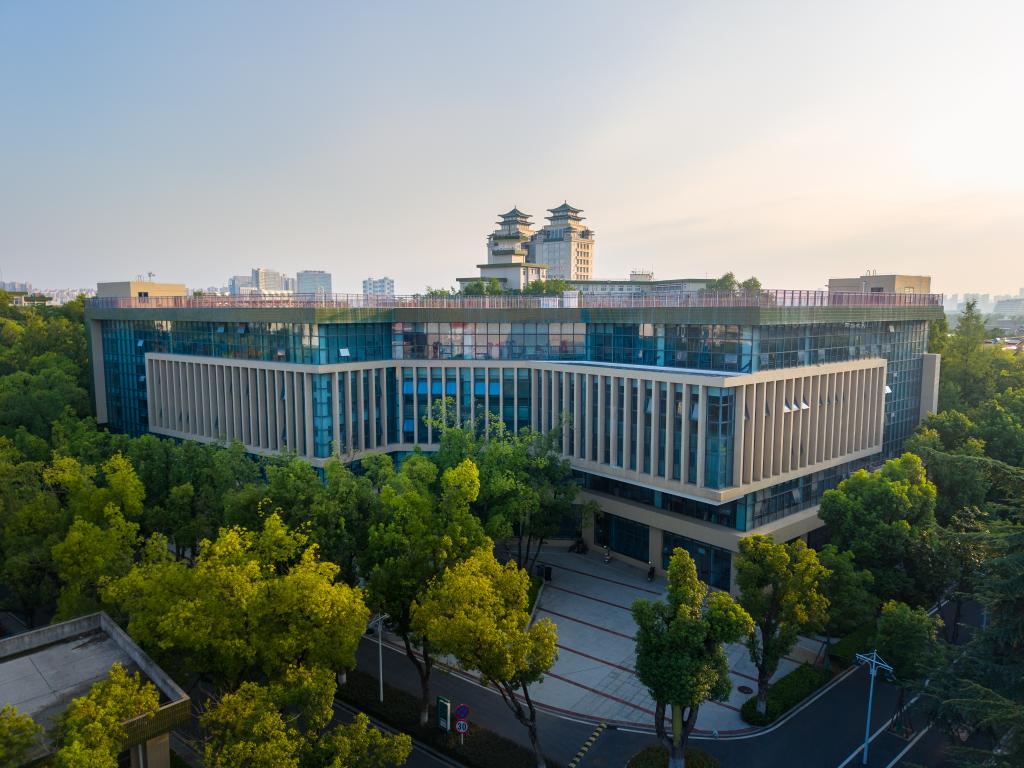
Ethnology has received an A-level rating in the Ministry of Education’s discipline evaluation, while Marxist Theory has earned a B-level rating. Three disciplines—Ethnology, Chemistry, and Pharmaceutical Sciences—have been selected as Hubei Province First-Class Disciplines. Six disciplines—Chemistry, Engineering, Materials Science, Environmental & Ecological Sciences, Computer Science, and Pharmacology and Toxicology—rank among the global top 1% in ESI rankings. The university offers six first-level doctoral programs, 26 academic master’s programs, and 26 professional master’s programs. Its undergraduate education covers 72 majors across 10 disciplines, with 52 First-Class Undergraduate Program Development sites (including 24 national-level sites). Environmental Engineering and Computer Science & Technology have received professional engineering education certification. The university has been awarded four National New Engineering projects, five New Agricultural projects, and four New Liberal Arts projects, as well as 15 national-level and 92 provincial-level First-Class Undergraduate Courses, and two national-level demonstration projects for integrating ideological and political education into the curriculum.
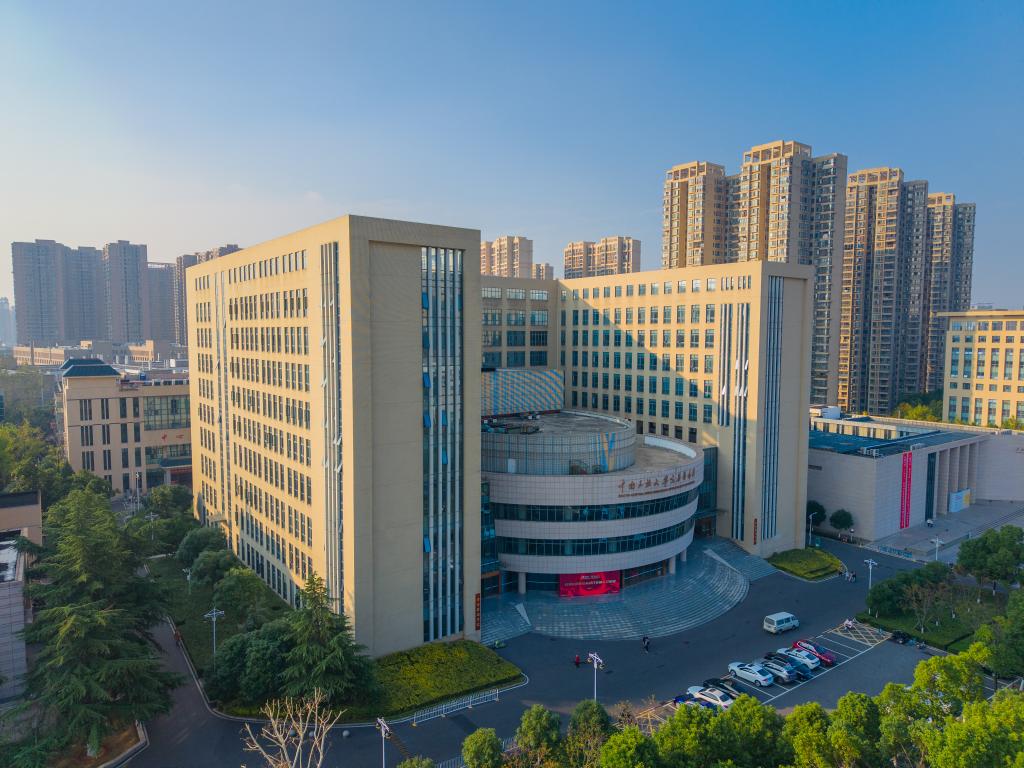
As an open educational institution, the university participates in the Yanhe Collegiate League of Talent Cultivation, the China-Pakistan Economic Corridor University Alliance, and the China-Japan Humanities Exchange University Alliance. It maintains in-depth cooperation with dozens of prominent domestic institutions, including Wuhan University, Renmin University of China, Chongqing University, Beijing Institute of Technology, China Agricultural University, and Minzu University of China, through joint training and exchange programs. The university has established talent development partnerships with over 300 domestic governments and organizations and maintains academic exchange relationships with more than 70 overseas universities, fostering an optimal environment for talent cultivation with excellent faculty resources and development opportunities.
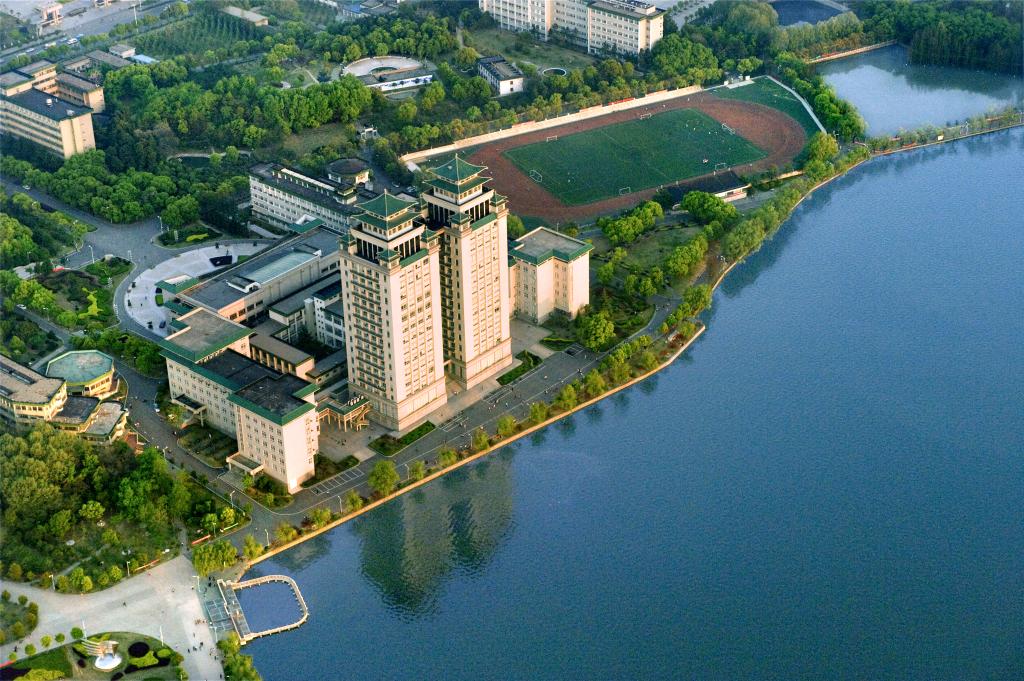
II. Talent Rewarded
Talent forges accomplishments; talent advances endeavors.
During the critical period of transformation and high-quality development, the university has significantly optimized its postdoctoral training and support mechanism to attract high-level young talent. Aligned with Hubei Province’s "Postdoc Gathering" initiative and the university’s own postdoctoral and pre-faculty management regulations, SCMU is developing a robust model of "recruitment, cultivation, retention, and employment" for young talent. The university establishes a strong foundation for the success of postdoctoral researchers by incorporating them into research teams, assigning them significant responsibilities, and fostering their development. Requirements and benefits are as follows:
Full-time Postdoctoral Position A |
Full-time Postdoctoral Position B |
Requirements |
-For science and engineering fields: Candidates must have published papers in Nature/Science sub-journals or higher-level journals. -For humanities and social sciences: Candidates must have published papers in authoritative or higher-level journals within their respective discipline(s). -Or candidates must have obtained approval to host national-level scientific research projects. |
Possessing strong academic capabilities and potential for scientific research innovation. |
Remuneration and Benefits |
The annual salary starts at RMB 250,000. The housing provident fund and social insurance contributions are paid in accordance with the standards for associate professors, fully subsidized by the university. Total remuneration can amount to RMB 300,000. |
The annual salary starts at RMB 200,000. The housing provident fund and social insurance contributions are paid in accordance with the standards for lecturers, fully subsidized by the university. Total remuneration can amount to RMB 250,000. |
Assessment Tasks |
To obtain an Excellent Grade, candidates must satisfy at least one of the following criteria: 1. Achieved approval for Grade A of the National Funded Postdoctoral Researchers Program (Postdoctoral Innovation Talent Support Program). 2. For science and engineering: Published one paper in Nature/Science sub-journals or higher-level journals; for humanities and social sciences: Published one paper in authoritative or higher-level journals in the respective discipline(s). 3. Successfully obtained approval for national-level scientific research projects. |
To obtain a Good Grade, candidates must satisfy at least one of the following criteria: 1. Achieved approval for Grade B or Grade C of the National Funded Postdoctoral Researchers Program or obtained approval for the China Postdoctoral Science Foundation Project. 2. For science and engineering: Published one paper in Nature Index Journals or two papers in SCI Q1 journals; for humanities and social sciences: Published one paper in high-level journals of the respective discipline(s) or two papers in CSSCI journals. |
To obtain a Qualified Grade, candidates must satisfy at least one of the following criteria: 1. Successfully obtained approval for one vertical provincial-level scientific research project. 2. For science and engineering: Published one paper in SCI Q1 journals; for humanities and social sciences: Published one paper in CSSCI journals. |
Reward Standards |
One-time reward for postdoctoral researchers: RMB 100,000; for collaborative supervisors: RMB 20,000. |
One-time reward for postdoctoral researchers: RMB 50,000; for collaborative supervisors: RMB 10,000. |
|
Salary and welfare growth is adjusted dynamically in accordance with the university policies.
III. Sincere Invitation
Attract talent with sincerity and retain them with genuine care!
South-Central Minzu University is committed to a promising future. The university is seeking young and talented postdoctoral candidates from around the world. It comprehensively attracts and cultivates high-level young innovators and promotes the development of postdoctoral research stations across various disciplines. It provides competitive compensation and high-level platform support, and offers comprehensive living support, as well as full-process guidance for academic development.
The university now extends a sincere invitation to youthful talent both domestically and internationally.
